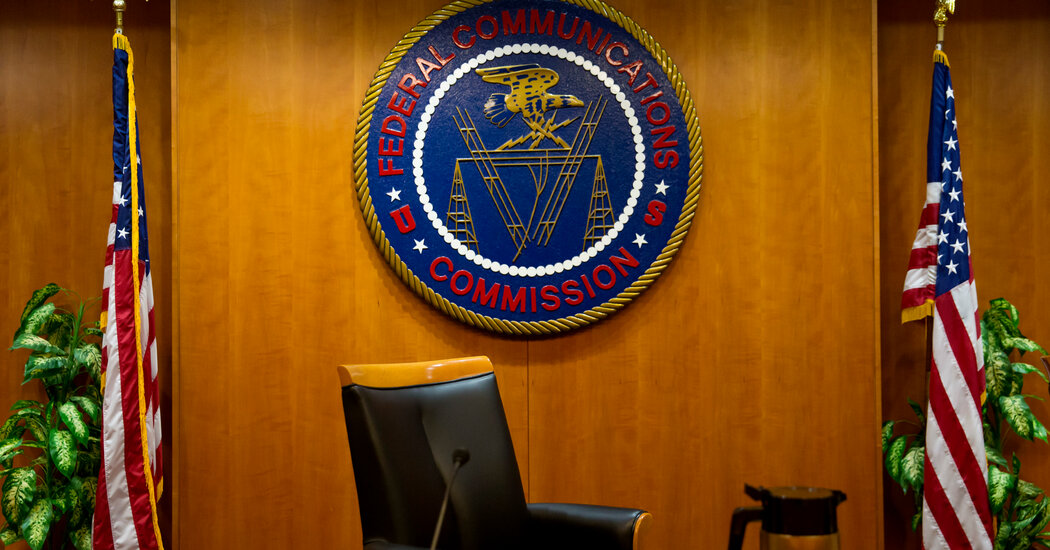After nearly two decades of fighting, the battle over regulations that treat broadband providers like utilities came to an end on Thursday.
A federal appeals court struck down the Federal Communications Commission’s landmark net neutrality rules on Thursday, ending a nearly two-decade effort to regulate broadband internet providers like utilities.
The U.S. Court of Appeals for the Sixth Circuit, in Cincinnati, said that the F.C.C. lacked the authority to reinstate rules that prevented broadband providers from slowing or blocking access to internet content. The decision put an end to the Biden administration’s hallmark tech policy, which had drawn impassioned support from consumer groups and tech giants like Google and fierce protests by telecommunications giants like Comcast and AT&T.
“Consumers across the country have told us again and again that they want an internet that is fast, open, and fair,” Jessica Rosenworcel, chairwoman of the F.C.C., said in a statement about the ruling. “With this decision, it is clear that Congress now needs to heed their call, take up the charge for net neutrality and put open internet principles in federal law.”
In its opinion, a three-judge panel pointed to a Supreme Court decision in June, known as Loper Bright, that overturned a 1984 legal precedent that gave deference to government agencies on regulations.
“Applying Loper Bright means we can end the F.C.C.’s vacillations,” the court ruled.
The F.C.C. had voted in April to restore net neutrality regulations, which expand government oversight of broadband providers and aim to protect consumer access to the internet, a move that will reignite a long-running battle over the open internet.
The regulations were first put in place nearly a decade ago under the Obama administration and are aimed at preventing internet service providers like Verizon or Comcast from blocking or degrading the delivery of services from competitors like Netflix and YouTube. The rules were repealed under President Donald J. Trump, and they have proved to be a contentious partisan issue over the years while pitting tech giants against broadband providers.
This is a developing story. Check back for updates.
